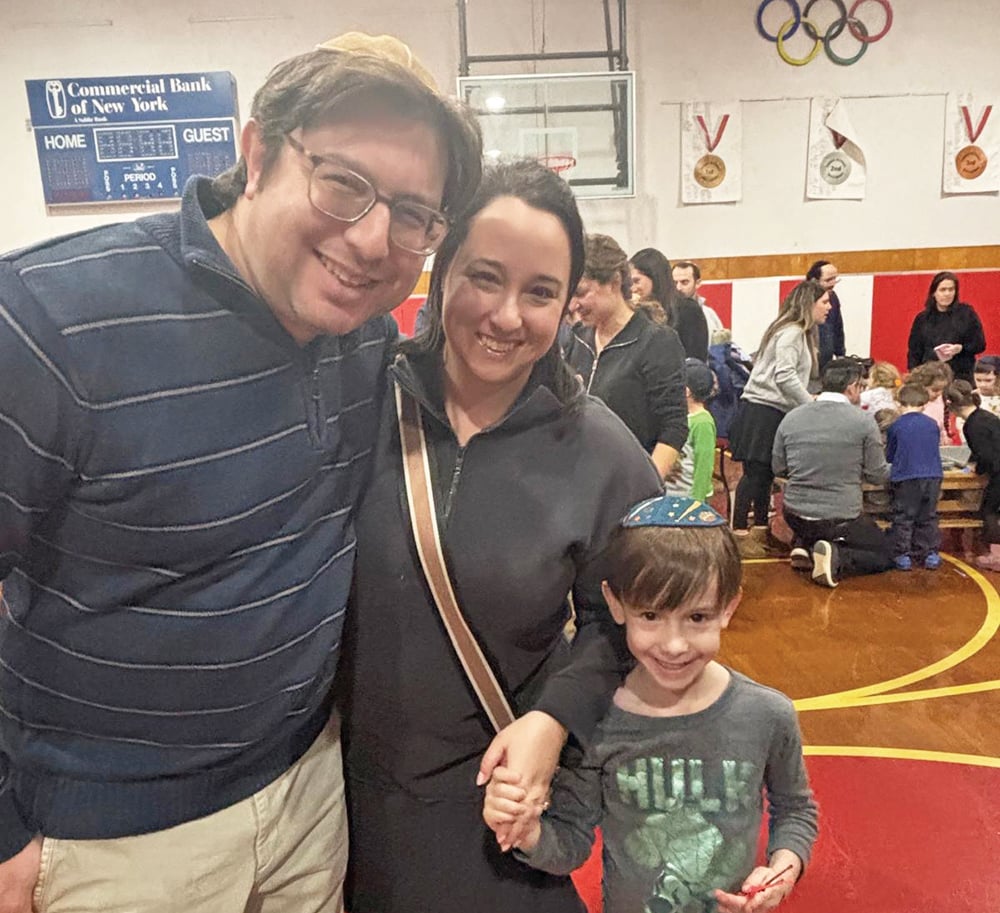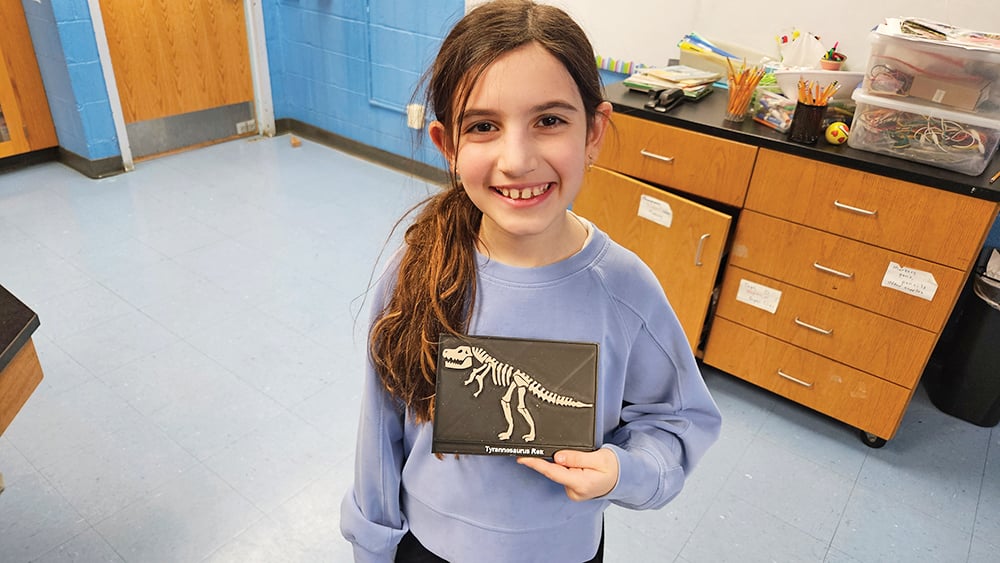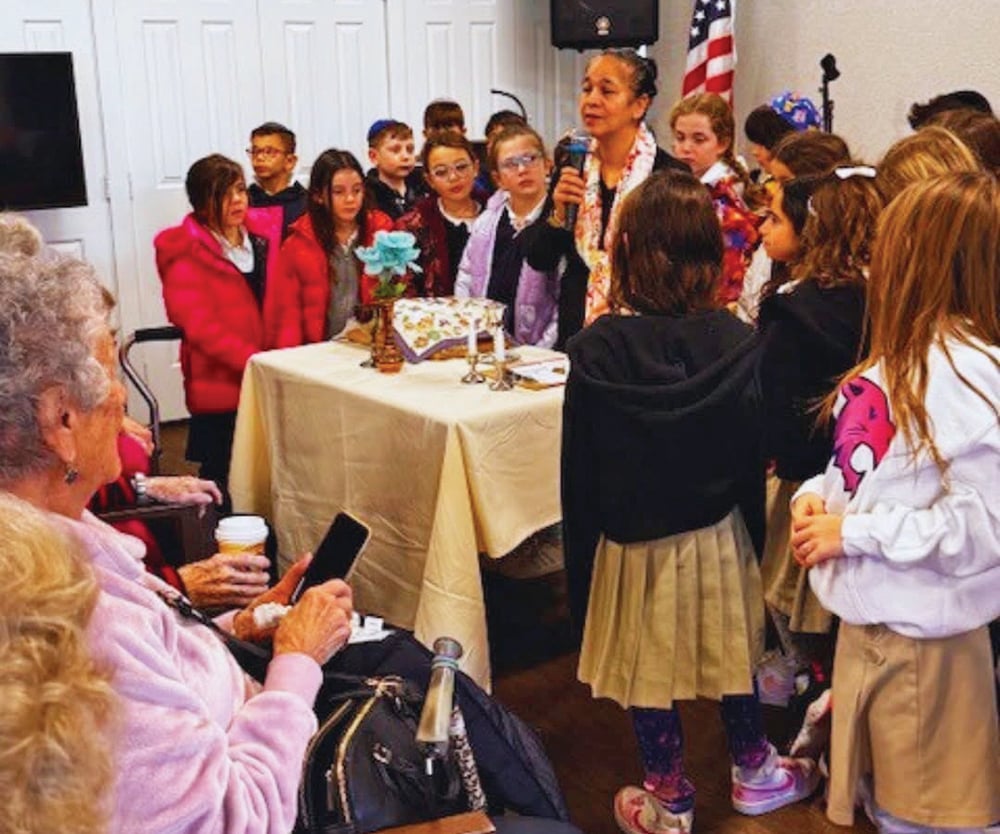We read in this week’s parsha: “Hashem will establish you as His holy nation as He swore to you, if you guard the mitzvot of Hashem, your God, and go in His ways (v’halachta b’drachav)” (28:9).
Guarding Hashem’s mitzvot is understandable, but what does “v’halachta b’drachav”—to go in His ways—mean? Rambam (Sefer Hamitzvot, 8) explains that this is a reference to imitate and become like Hashem, in that just like Hashem is called gracious, so too you be gracious; just like Hashem is called merciful, so too you be merciful, etc.
R’ Eliyahu Baruch Finkel (“M’shulchan R’ Eliyahu Baruch,” Ki Tavo) asks, the Torah already told us “ve’ahavta l’rei’acha kamocha—love your friend as yourself,” and included under that general umbrella is the idea of being merciful, kind, gracious, etc. So then, how and in what regard is this mitzvah of “v’halachta b’drachav”—of “going in His ways” unique? R’ Finkel explains that in reference to the mitzvah of “ve’ahavta,” being merciful and giving is vis-a-vis another person. Hence, one may experience a cap to that mitzvah in that to the extent that people need us, then we will be there for them to give, to be kind, etc. However, in reference to the mitzvah of “v’halachta,” the mitzvah is developing good middot for ourselves, and thus this would apply beyond interactions with people so that one is continuing to improve one’s middot whether there are people in the picture or not. “Ve’ahavta” is “bein adam lechavero” (between one and his friend) so it may be limited somewhat. “V’halachta” is “bein adam le’atzmo” (pertaining to one and himself)—working on our middot for ourselves in order for us to be like Hashem. And in this realm, improving oneself may have no limit.
In fact, R’ Yerucham Levovitz (Daat Chochma U’mussar 2:57) says that this idea of self-improvement for our own sake without it hinging on other people is actually the attribute of Hashem. For although it might look that Hashem is kind and giving because He gives good to people, that’s not why He is considered a “giver” and a “good God.” Rather, Hashem so to speak was in essence a giver and had the desire to give even before He created the world—before there were those to whom he can even give to. Hence, R’ Levovitz says a common misnomer is to think that working on our middot is defined and gauged by our surroundings, by what others may need. However, to be like Hashem means to develop good middot even if in theory there was no one to whom we can express them to. Striving to become a good person applies even if there is no one to whom you can actively be good to.
If people’s needs are used as one’s personal barometer to ascertain what one can work on in order to benefit the other, such a person’s self improvement is based on people and does not stem from a person’s own recognition that he himself is to refine his character for his own sake. If we just had the mitzvah of “ve’ahavta,” one’s self work may hinge on his surroundings with people, which may stifle his growth. His need for self-improvement is borne from people and is thus “taluy b’davar”—dependent on something, namely, people.
However, one who works on self-improvement because he understands that he has much that can be refined and enhanced, works on transforming his nature for his own sake and for its own sake. Thus, when he helps people and is gracious with others, it’s not that people were the reason why he became a good person to begin with, but rather he was a good person before that, and it’s just that people are an avenue where he can exercise and bring to fruition his potential. “V’halachta” perhaps emphasizes working on our middot for its own sake—i.e., to become Godly people. It’s bein adam le’atzmo—between you and yourself. The source of such self-improvement is purely self made, stemming from a person’s own unadulterated and independent recognition to improve one’s middot.
Perhaps this idea can somewhat explain the pasuk in Mishlei (4:13)—“strengthen in mussar, don’t let go, hold onto it, for it is your life.” Working on one’s middot isn’t necessarily for other people’s lives, rather, it is for yourself—for your life.
Binyamin Benji can be reached at [email protected].













